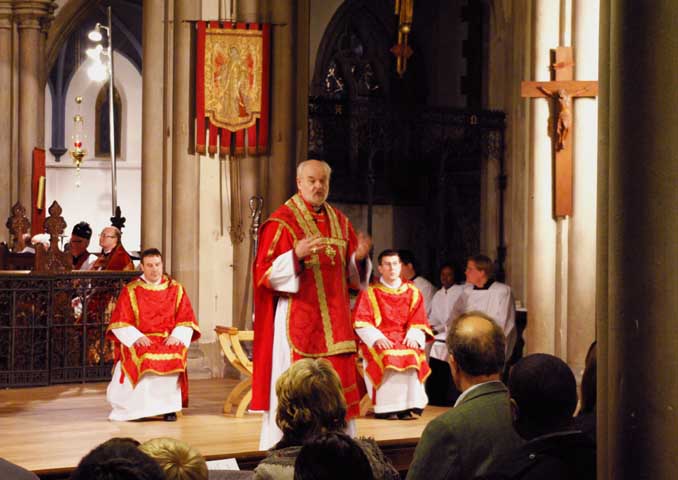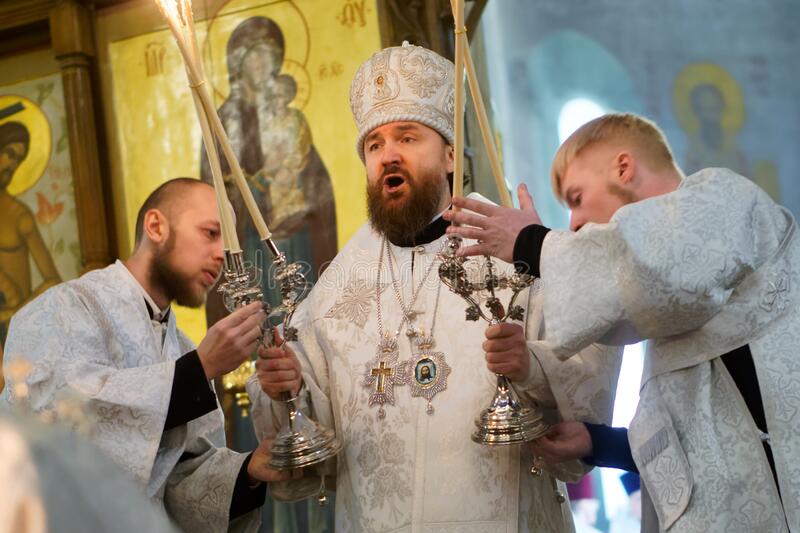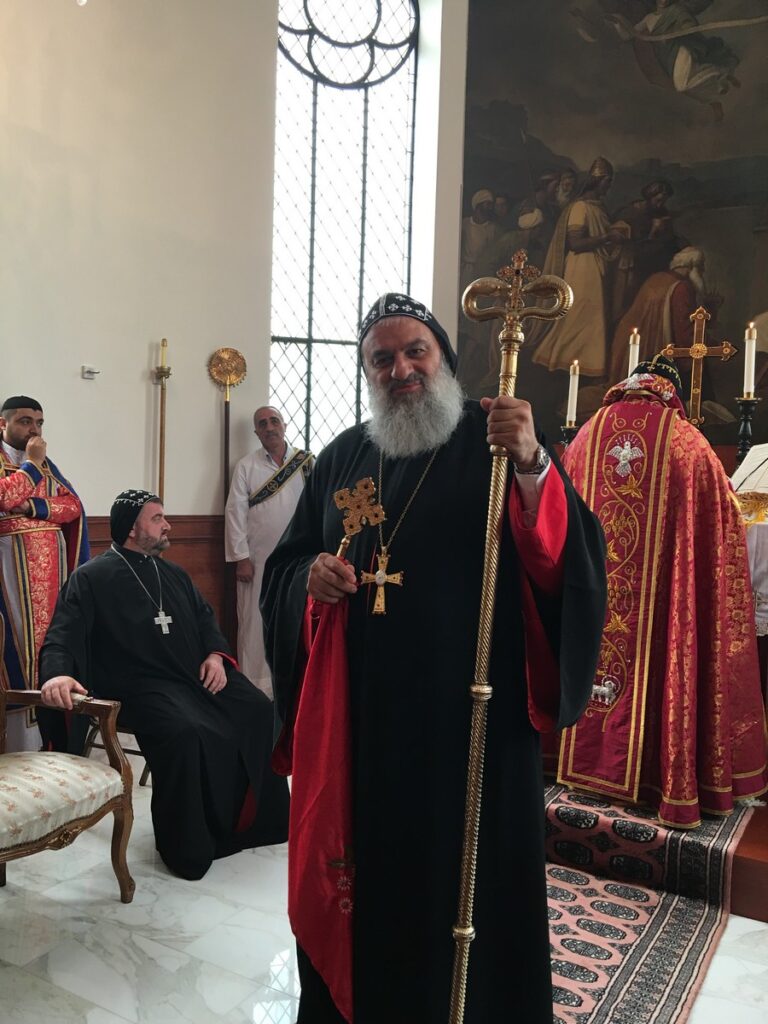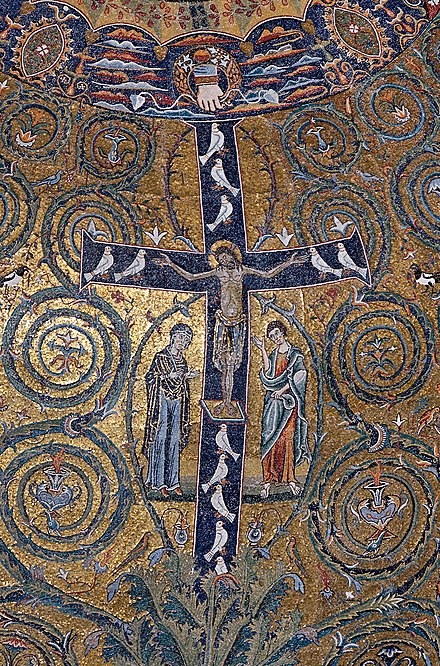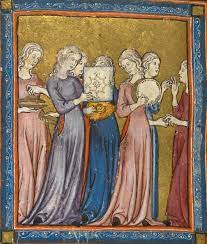You are the Body of Christ, each member being a part God has arranged in the Church…. Are all apostles? Are all prophets? Are all teachers? …. Avidly desire the greater gifts. (1 Cor. 12:27-30)
The gifts of the Holy Spirit have been hotly contested issues among the Christians in Corinth. Some people are proud that they have certain gifts–especially “tongues”–and look down their noses at other people who do not manifest these gifts. Some people are shut out of the community because they seem to be less “spiritual” than others. But the apostle insists that “tongues” is the least important of all the spiritual gifts and that–in any case–all the spiritual gifts are needed for the Body of Christ to function properly.
The gifts are not as easy to number and classify as some might think, either. To say that someone is a “prophet” does not tell us exactly how this person ministers to the community.
There are two types of prophets: those who predict the future and those who interpret the Scriptures…. There are also ‘prophets’ who are teachers, who teach children or young people.
St. Ambrosiaster, Commentary on St. Paul’s Epistles
St. Ambrosiaster points out that the apostles in each community, i.e. the bishop of a community, is also a prophet who must interpret the Scriptures. Being able to practice one spiritual gift does not exclude a person from other gifts at the same time.
Although the offices of prophet and apostle were similar or overlapped in some ways, they were also distinct. St. Ambrosiaster seems to presume the prophets were sedentary members of the community, staying in one place. On the other hand, in Syria authentic prophets were presumed to always be on-the-move and never stayed long in any one place. In fact, that was how a parish could distinguish between true and false prophets: the Didache (a handbook for local parishes from the same time as the New Testament) says that a true prophet would never stay in any one place for more than three days.
Not only are the gifts given for the well-being of any one particular community or parish. The gifts are given for the well-being of the Church as a whole.
The Corinthian church was not the whole body by itself but was part of a worldwide community of faith. Therefore the Corinthians ought to be at peace with the Church in every other place, if it is a true member of the body.
St. John Chrysostom, Homily 32 on the Epistles of St. Paul
Although the gifts might be given to the parish in Corinth, they had to be practiced in a way that did not only benefit the parish in Corinth but the other parishes in every city. Nowadays, we might say that the parish on East 17th Street had to realize that the gifts of the people in that parish were also to benefit the people in the parish on West 25th Street, as well as the people in parishes across the country.
While all the members of the community have differing gifts and everyone has a role to play in their local parish as well as in the larger Church as a whole, there is one gift that everyone in every parish is called to embrace and practice. The greatest of the spiritual gifts that St. Paul wants everyone in each parish to strive for is love.

